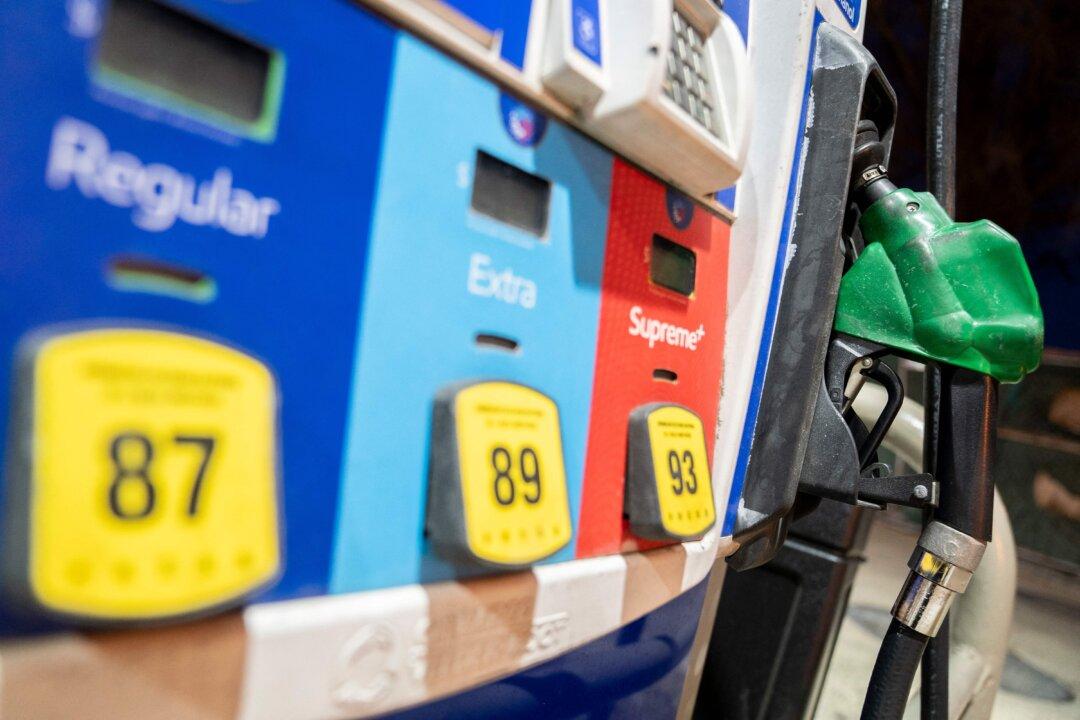Demonstrations are being held in countries around the world in response to the spike in oil prices that began after Russia launched a military invasion of Ukraine on Feb. 24.
Crude oil hit a historic market high on March 7 when it reached $130 per barrel, which represented the highest level since 2008.





